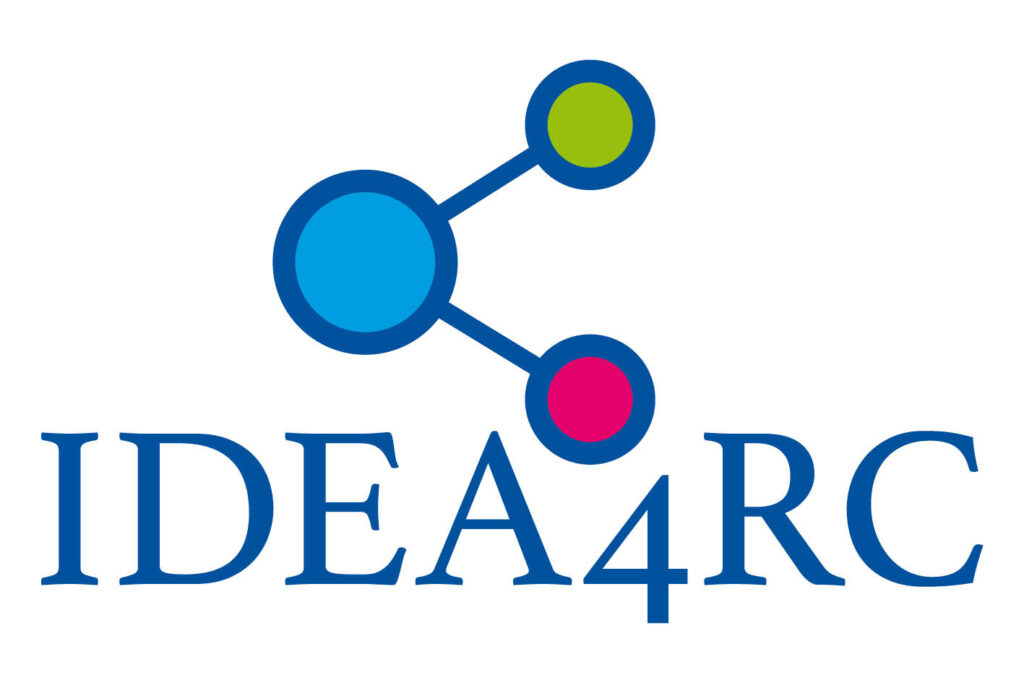Eugenio Gaeta and Giuseppe Fico (Life Supporting Technologies, Universidad Politecnica de Madrid), Roberta Gazzarata, Giorgio Cangioli and Catherine Chronaki (HL7 Europe) co-authored a new publication in the “International Journal of Medical Informatics”.
Reviewing the scientific and gray English literature from 2017 to 2023, the authors ended up with 93 scientific papers on the employment of HL7 FHIR for chronic disease management and 35 HL7 FHIR Implementation Guidelines on the same topic. They concerned primarily cancer (45%) cardiovascular diseases (more than 15%) and diabetes (almost 15%). Articles come from Europe primarily with Germany and Italy at the top of the list, with Americas and USA to follow.
The analysis also indicates that the popularity of HL7 FHIR as a robust technical interface standard for the health sector has been steadily rising since its inception in 2010, reaching a peak in 2021.
This trend is driven by the increasing prevalence of chronic diseases, which has shifted the burden from acute inpatient admissions to long-term coordinated care across healthcare institutions and patients’ homes. Digital healthcare ecosystems have emerged to address rising healthcare costs.
R. Gazzarata, et al, “HL7 Fast Healthcare Interoperability Resources (HL7 FHIR) in digital healthcare ecosystems for chronic disease management: Scoping review”, International Journal of Medical Informatics 189, 105507 (2024).
Full text and available here.
